Poland, once known for its ethnic homogeneity, is undergoing a major shift. The country, historically a land of emigrants, is now a key destination for immigrants from different parts of the world. This rapid change is sparking debates on migration, integration, and national identity.
The Changing Face of Poland
For decades, Poland remained one of the most ethnically uniform countries in Europe. However, in the past ten years, the number of immigrants has surged from about 100,000 to over 2.5 million. This dramatic increase is reshaping society, the economy, and politics.
The primary groups of immigrants include:
- Ukrainians: The largest migrant group, driven by the war in Ukraine and economic opportunities in Poland.
- Asylum Seekers: People fleeing conflict zones, such as the Middle East and Africa.
- Economic Migrants: Workers from Asia, Latin America, and other regions attracted by Poland’s growing economy.
Migration Becomes a Political Battleground
As migration numbers rise, so does political tension. The Polish government is facing pressure from both human rights organizations and political factions on how to handle the influx.
Prime Minister Donald Tusk has taken a stricter stance on asylum seekers, citing security concerns. This mirrors policies from his predecessors in the nationalist Law and Justice (PiS) party, who focused on tightening borders and limiting migration.
Poland’s Border Crisis
The situation at the Polish-Belarusian border has been a major flashpoint. Belarus, an ally of Russia, has been accused of encouraging migrants to enter Poland illegally as a form of hybrid warfare. Polish border guards have responded by pushing asylum seekers back, a practice criticized by human rights groups.
Saad, an Iraqi pharmacist, recalls his journey: “I traveled to Minsk, then to the Polish border, hoping to seek protection. I was pushed back multiple times until I finally got medical help and was given the chance to apply for asylum.”
Integration Challenges: Can Poland Adapt?
With immigration increasing, concerns about integration are growing. Many Poles fear that a large influx of foreigners could threaten social cohesion, while others see migration as an economic necessity.
Polls show that:
- 42% of Poles believe the country should stop accepting migrants.
- 35% support migration only from Ukraine and Belarus.
- 14% welcome migrants from all over the world.
The biggest challenge is ensuring that immigrants integrate successfully. While Ukrainian migrants often find it easier due to cultural similarities, others face greater difficulties.
Economic Impact of Migration
Despite the political controversy, Poland’s booming economy is a key reason for rising immigration. The country’s GDP has grown significantly since joining the EU in 2004. With a forecasted growth rate of 3.6% this year, Poland remains an attractive destination for job seekers.
Yuriy Bilichenko, a Ukrainian entrepreneur in Poland, shared his experience: “Compared to Ukraine, Poland is a much easier place to do business. There’s less corruption, and I don’t have to pay bribes just to get things done.”
The Future of Migration in Poland
Despite political resistance, Poland’s demographic reality suggests that it needs immigrants. With a fertility rate of only 1.16 children per woman, the country’s population is shrinking. Without migration, Poland risks labor shortages and economic stagnation.
However, the government remains focused on security concerns. Many fear that political parties will continue using migration as a tool to gain voter support rather than implementing long-term solutions.
Human Rights Concerns
Human rights organizations are critical of Poland’s approach. They argue that the government is exploiting fear rather than developing a fair immigration policy.
Magdalena Nazimek, an expert at a Warsaw-based NGO, stated: “It’s easier to play on fear rather than develop real solutions. The government’s strategy focuses on portraying migrants as threats rather than acknowledging their contributions.”
Conclusion
Poland’s demographic shift is inevitable. Whether the country embraces migration as a necessity or continues to resist it will shape its future. Economic growth, security, and social integration must all be balanced to create a sustainable immigration policy.
For now, migration remains a highly charged political issue. As Poland heads into its presidential elections, how the government handles this challenge will be a defining factor in the country’s future.

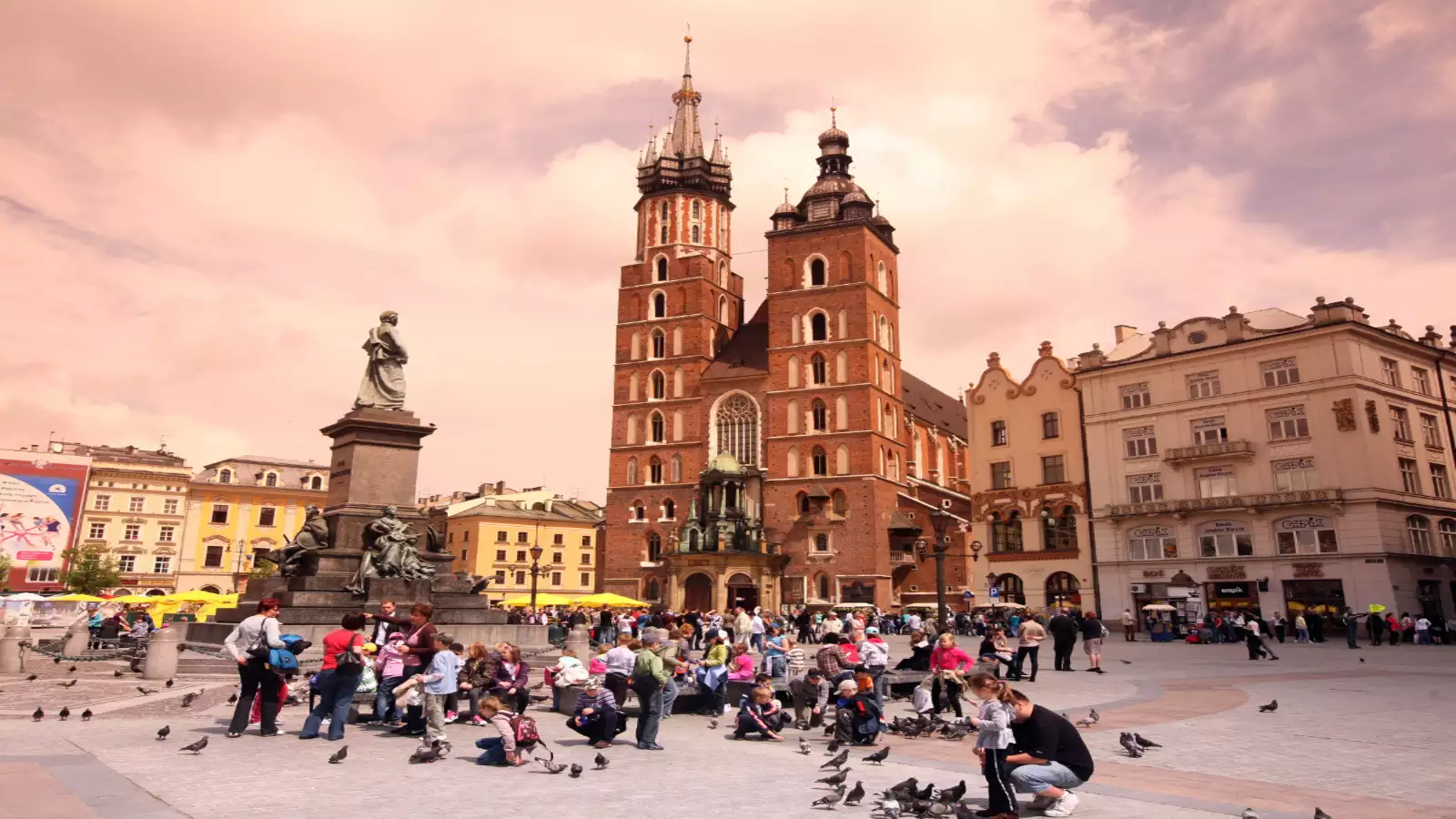

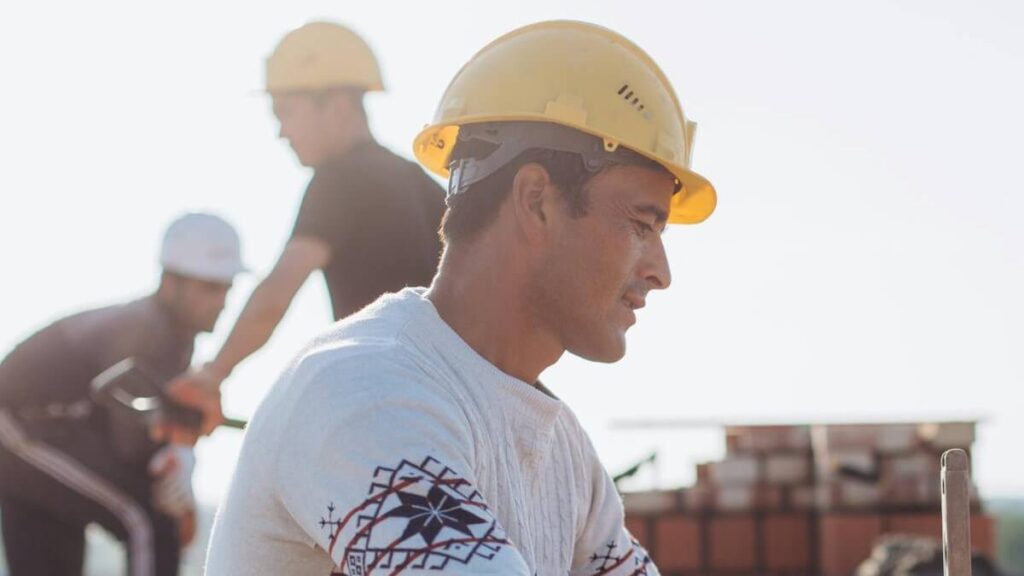







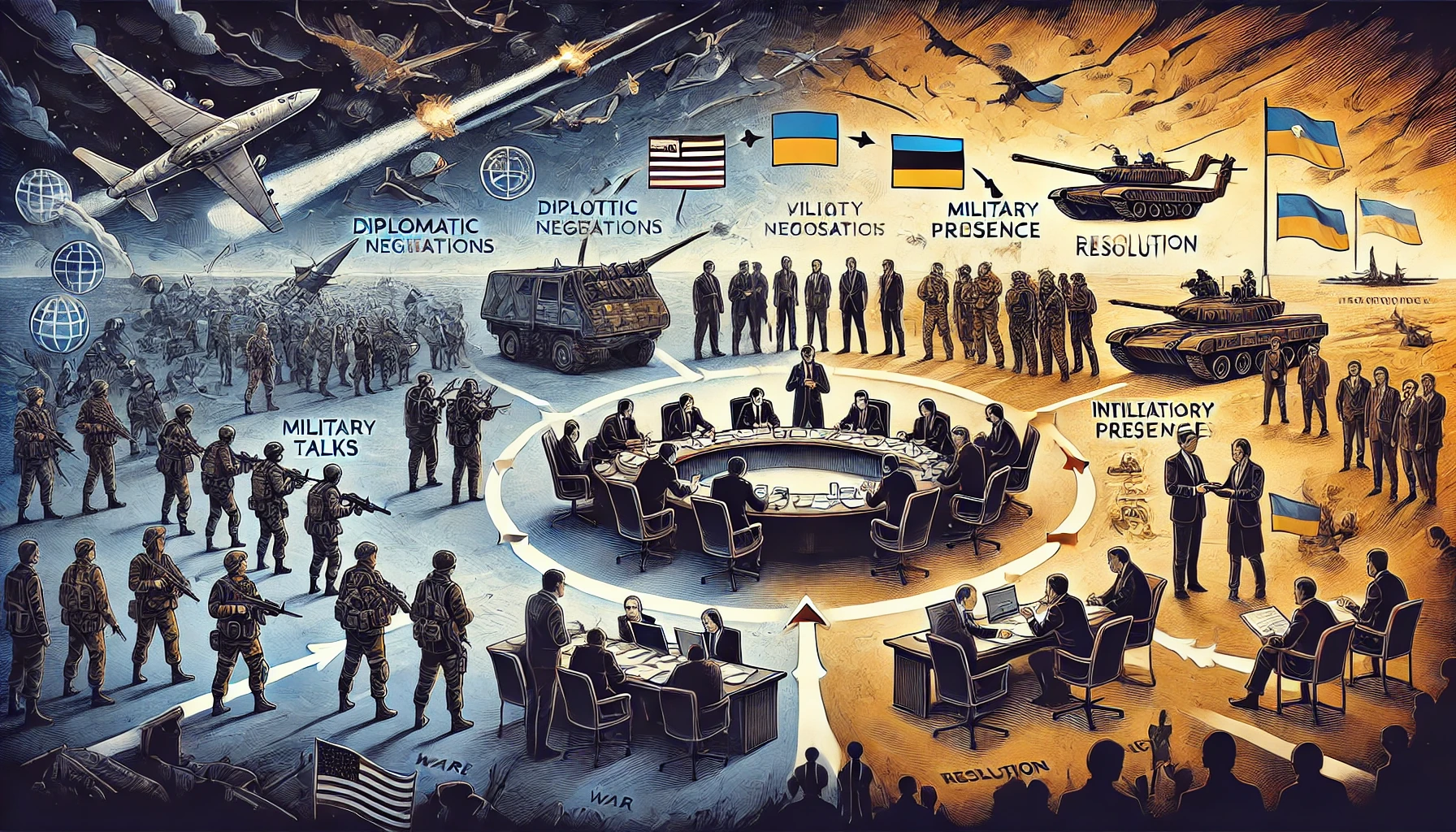
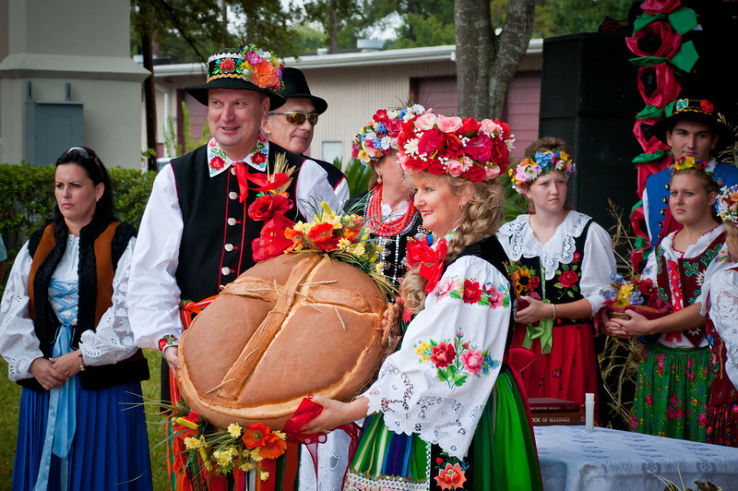
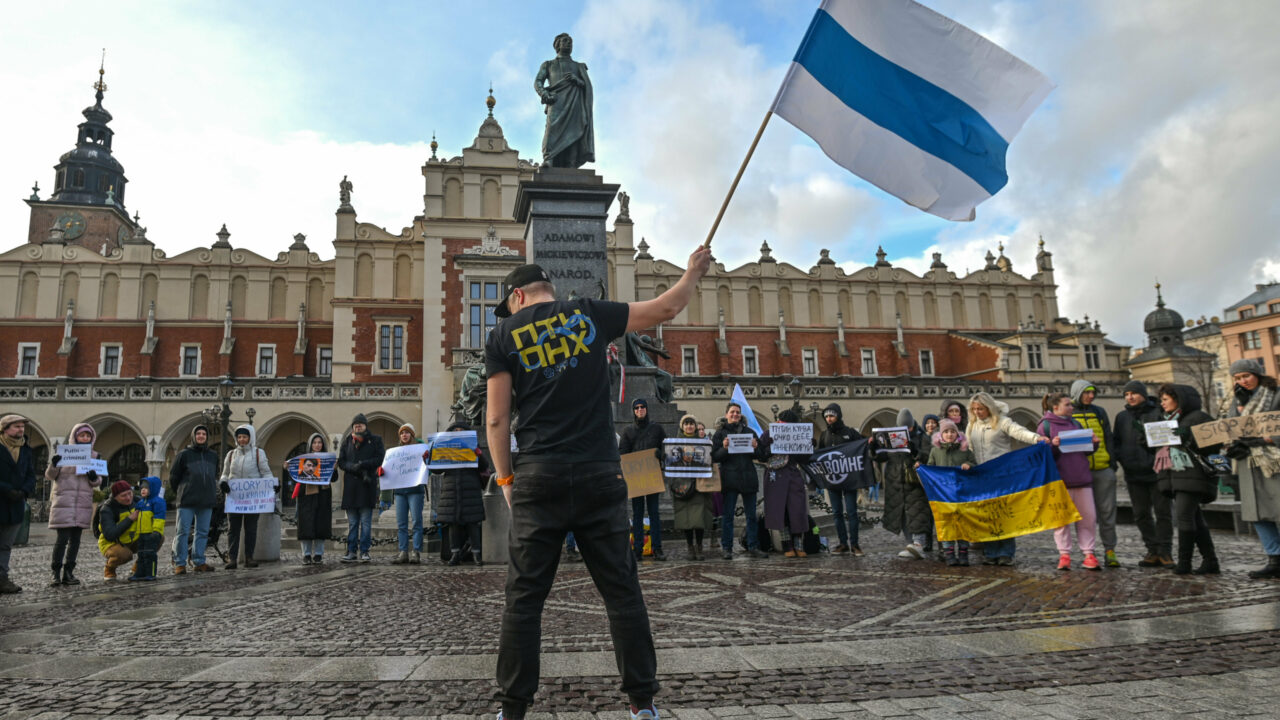
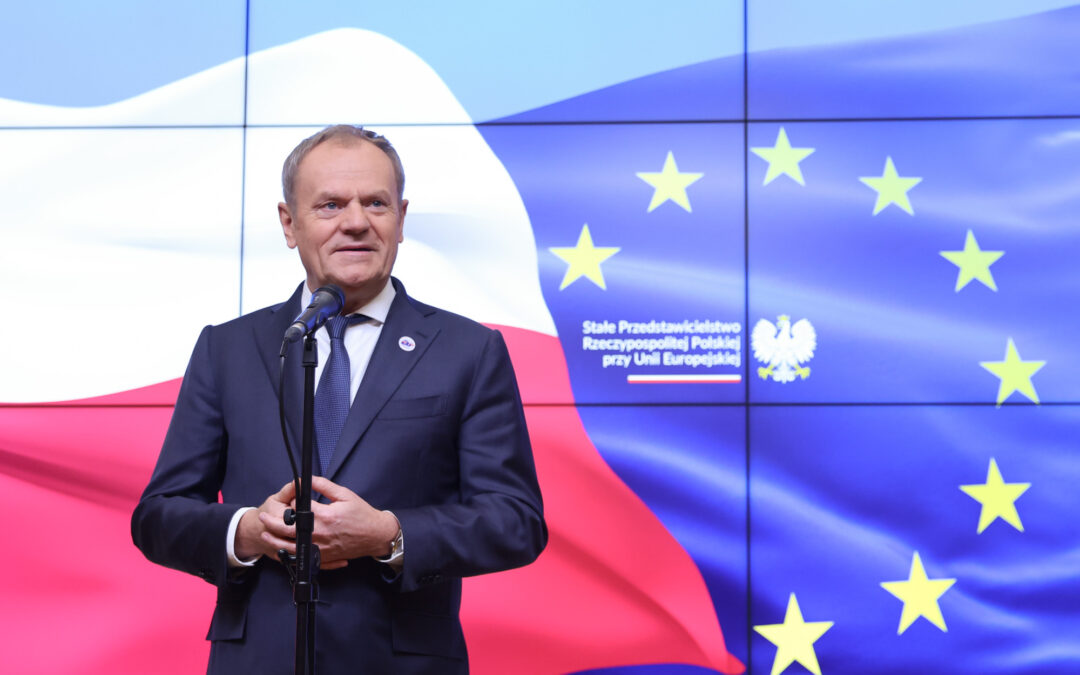







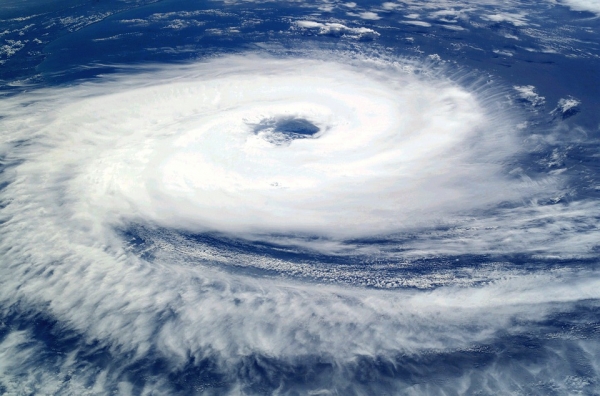
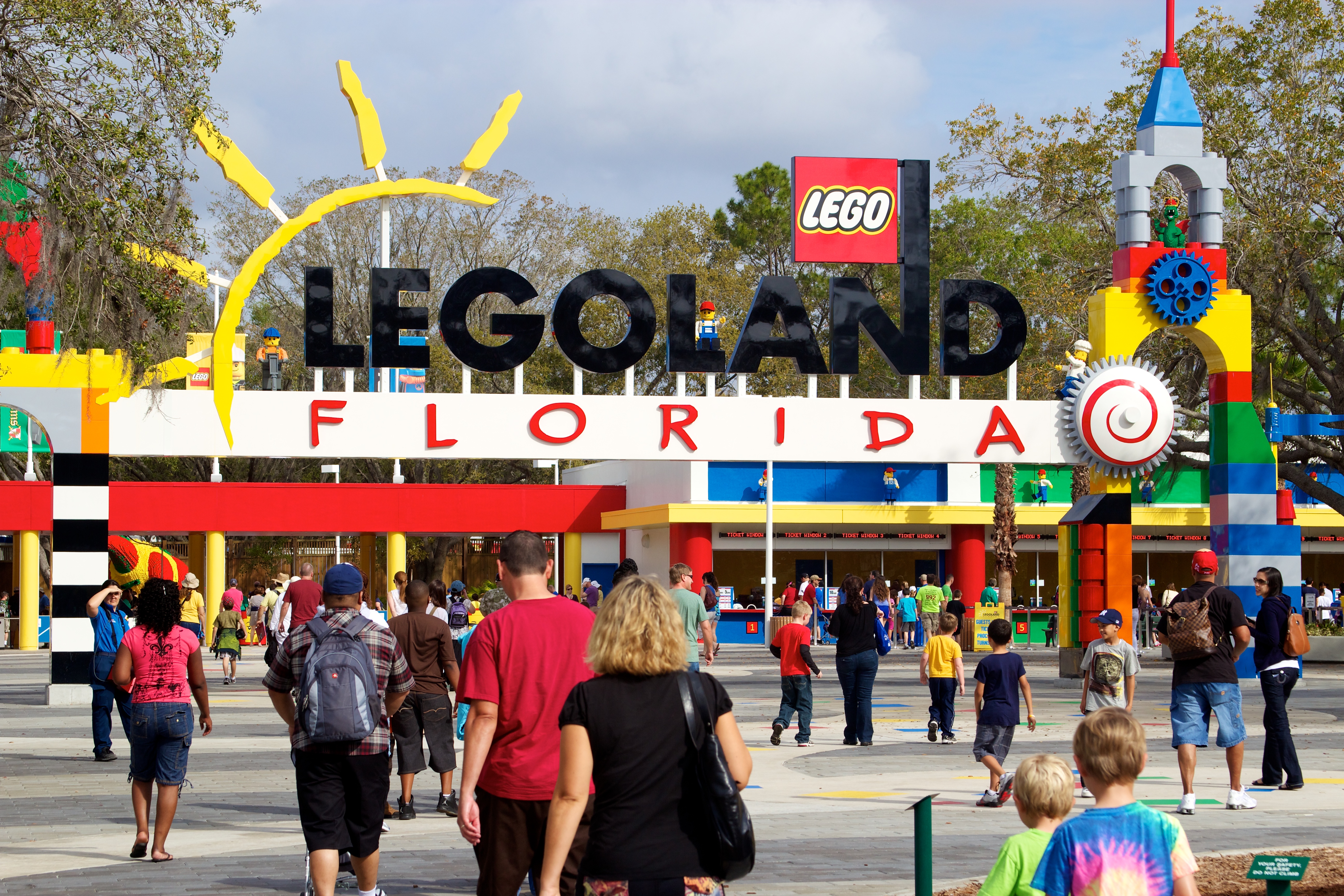
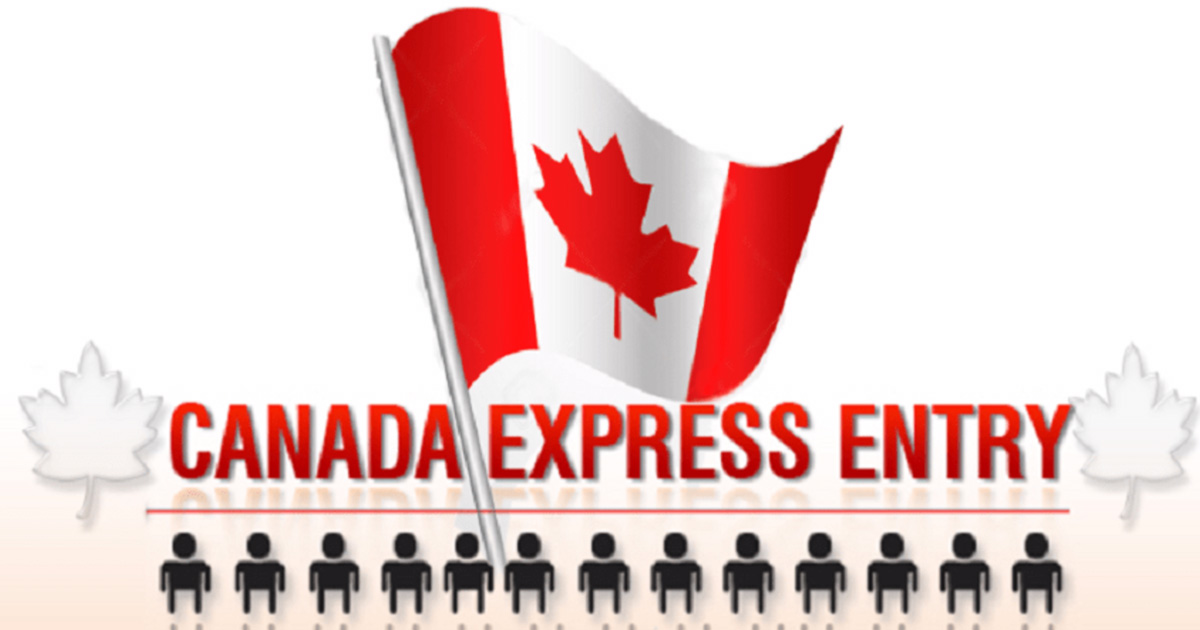




0 Comments